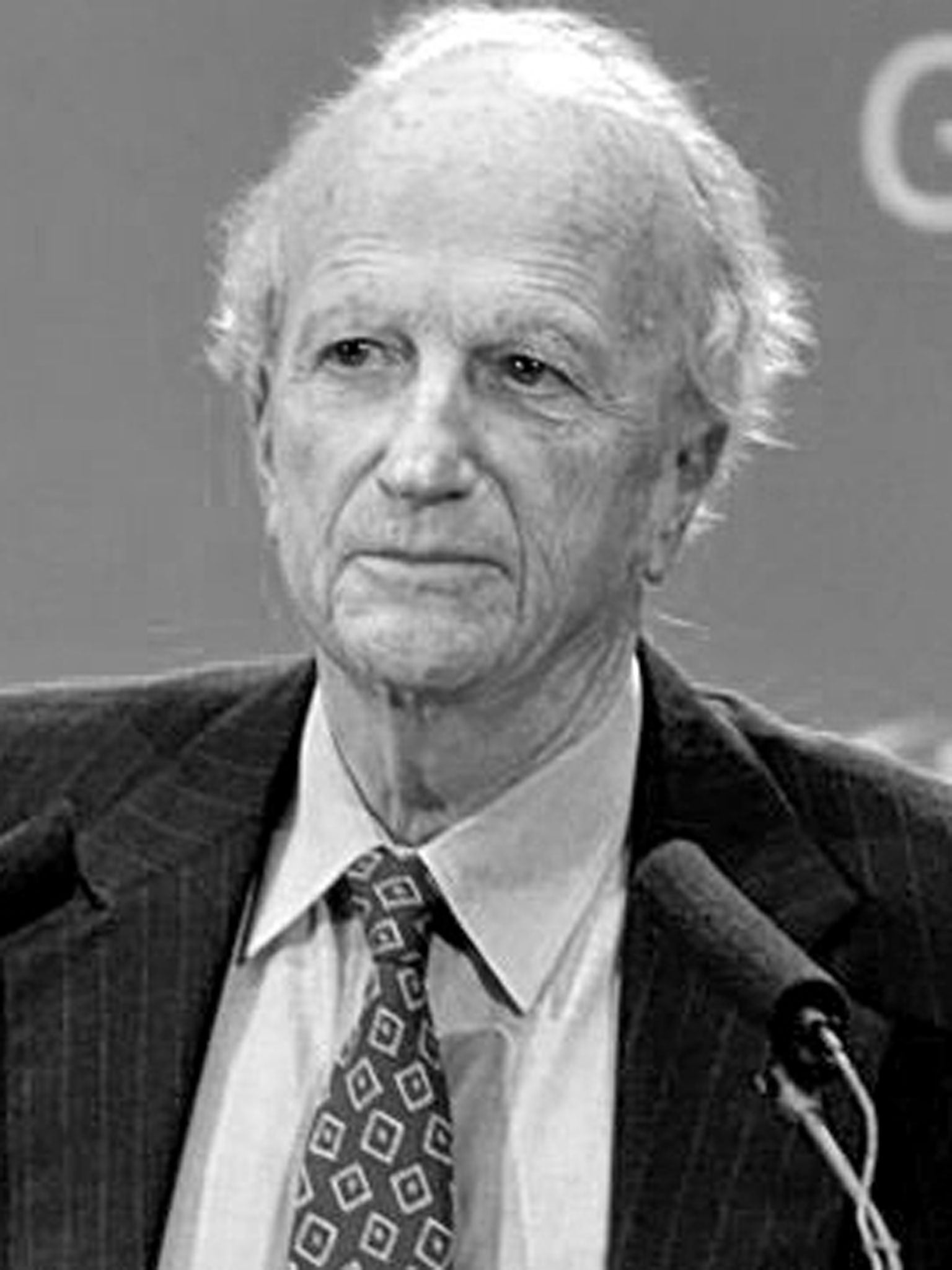Professor Gary Becker: Nobel laureate who led the way in applying economic analysis to studying human behaviour and interactions

Your support helps us to tell the story
From reproductive rights to climate change to Big Tech, The Independent is on the ground when the story is developing. Whether it's investigating the financials of Elon Musk's pro-Trump PAC or producing our latest documentary, 'The A Word', which shines a light on the American women fighting for reproductive rights, we know how important it is to parse out the facts from the messaging.
At such a critical moment in US history, we need reporters on the ground. Your donation allows us to keep sending journalists to speak to both sides of the story.
The Independent is trusted by Americans across the entire political spectrum. And unlike many other quality news outlets, we choose not to lock Americans out of our reporting and analysis with paywalls. We believe quality journalism should be available to everyone, paid for by those who can afford it.
Your support makes all the difference.Gary Becker received the Nobel Prize in economic sciences and was credited with pioneering the approach to economics as the study of human behaviour. "I was interested in social problems but felt that economics had the tools by which to handle these long-term interests and social questions," he said when he became a Nobel Laureate in 1992.
Becker was cited for applying economic analysis to a wide range of human behaviour and interactions. The economics and sociology professor studied issues such as marriage and divorce, crime and punishment, addiction and household decisions.
Before Becker began publishing his ideas in the late 1950s, most academics considered habit and often emotion or irrationality as the primary factors in human behaviour such as having children or committing crimes. Key to his research was the theory that behaviour follows the same rational principles, whether it involves a household, a business or an organisation. Though greeted initially with scepticism, his work influenced sociology, demography and criminology.
Becker was born in Pottsville, Pennsylvania, in 1930. He graduated in mathematics from Princeton and was awarded a master's degree and doctorate by the University of Chicago. He taught at Columbia University and conducted research at the National Bureau of Economic Research.
His works include The Economics of Discrimination (1957), Human Capital (1964), and A Treatise on the Family (1981). Becker's fellow Nobel Laureate, James J Heckman, said Becker's work laid the framework for discussing social problems. "He kept a finger on the pulse of American public policy and analysed 'relevant' problems in a much deeper way than is usually associated with public policy," Heckman said. "It was not a 'quick answer' kind of analysis."
Gary Stanley Becker, economist: born Pottsville, Pennsylvania 2 December 1930; Nobel Prize 1992; died Chicago 3 May 2014.
Join our commenting forum
Join thought-provoking conversations, follow other Independent readers and see their replies
Comments